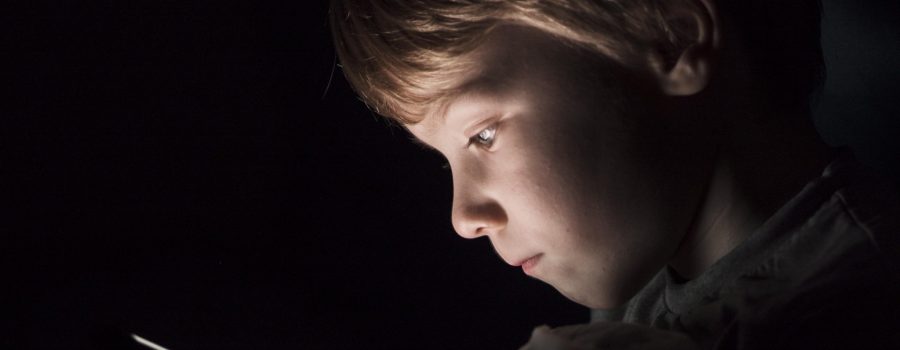What is blue light?
Blue light is the visible light at the blue end of the spectrum. Although not as energetic as ultraviolet (UV) light, there is growing concern that high doses of blue light may cause more cellular damage than longer wavelengths of visible light. Studies have also shown that exposure to blue light may have an impact on your sleep-wake cycle.
How do eyes process light?
There are three types of receptors in your eye’s retina (the retina is the innermost, light-sensitive layer of tissue of the eye). Some receptors are more sensitive to red, some to green, and some to blue.
The signals from these receptors are incorporated in your brain to produce your sense of color.
Blue light has the shortest wavelengths detectable by the human eye. The sun produces blue light along with the other colors of the spectrum, and so we are exposed to it naturally. But exposure to intense amounts of blue light may be harmful to the eyes.
Benefits of blue light
The adequate use of blue light has several therapeutic benefits which include the treatment of certain conditions such as sun damage, skin cancer prevention, scars and acne.
It has also been proven to cure jaundice in babies. Bilirubin is a yellow compound that is a breakdown product of the haemoglobin in red blood cells. Bilirubin often accumulates in the blood of newborns causing jaundice. In most cases, when blue light has been used, the jaundice disappears after a few days.
Blue light has also been approved to use for the treatment of seasonal affective depression (SAD) as well as other types of depression. Blue light on the skin can help with mood disorders and boost neurotransmitter production, specifically serotonin, a compound present in blood platelets and serum, which constricts the blood vessels and acts as a neurotransmitter.
The downside of blue light
During the Coronavirus pandemic, reports have revealed that during lockdown, people have been spending more and more time on mobile devices.
Whether it’s checking the news on your phone, joining a Zoom with family, streaming TV, or putting in extra hours on the computer while working from home, social distancing has meant an enormous increase in screen time.
Excess screen time, especially later in the evening and before bed, can have a detrimental impact on sleep. Not only can it stimulate the brain in ways that make it hard to wind down, but the blue light from screens can suppress the natural production of melatonin, a hormone that the body makes to help us sleep.
Our brain uses blue light to differentiate day and night and help boost our alertness. Spending time on your phone and other devices at night will fool your body into thinking that it should keep you awake.
Blue light from computer screens and various gadgets could decrease contrast which leads to digital eye strain. Temporary discomfort can include a range of ocular and visual symptoms including, sore and irritated eyes, dry eyes, difficulty focusing and blurred vision.
The blue emitted from digital devices is enough to influence and throw off our circadian rhythm. Whenever there is a disruption of our body’s natural rhythm, that’s when a lot of health issues start to arise such as insomnia, obesity, diabetes, dementia and depression.
As less light enters our eyes, it serves as a cue. Our circadian rhythm is being maintained because less light is coming through that internal clock within us that says less light is coming through, we are going to rest soon. It also serves as a cue for our brain to release a hormone called melatonin. And with much exposure to blue light, it has been shown that it suppresses melatonin secretion which is a hormone produced at night that helps your body to prepare to sleep.
What can you do to reduce your risk?
The health impacts of excessive exposure to the dangers of blue light have been well documented. Although this frequency of light when emitted from natural sources such as the sun has some positive effects, in excessive doses, like those emitted from digital displays, it can pose numerous health risks.
To reduce the permanent impact on your vision, it is recommended that people who spend long periods of time on their devices, invest in a screen protector which reduces the amount of blue light. The protectors slide over your device and help fight long-term damage from all that screen time.
Research has shown that by using a screen filter you an reduce exposure to blue light by up to 40%. Users reported that they noticed a difference in their eye fatigue, eye dryness, and had less blurred vision.


Recent Comments